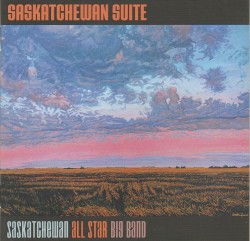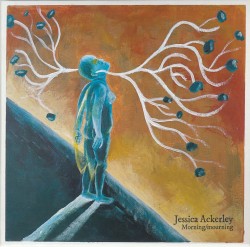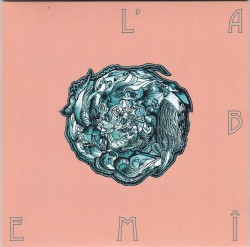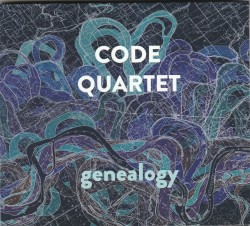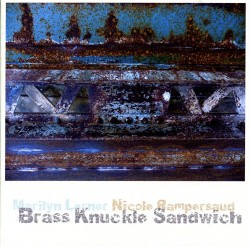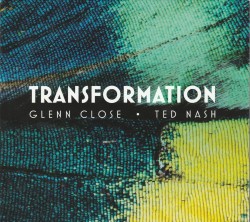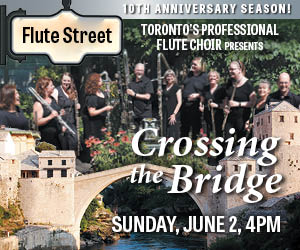Aliens & Wizards - Spike Wilner Trio
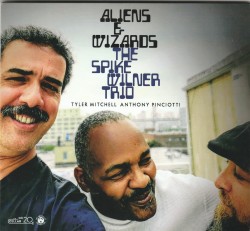 Aliens & Wizards
Aliens & Wizards
Spike Wilner Trio
Cellar Music CM120120 (cellarlive.com/collections/all)
Throughout this pandemic, Spike Wilner has championed live performances at Smalls Jazz Club and Mezzrow, the two NYC venues he has singlehandedly helmed. On his trio recording Aliens & Wizards, Wilner slides behind the piano and into the spotlight, showcasing his prodigious pianism with two empathetic bandmates: bassist Tyler Mitchell and drummer Anthony Pinciotti. This release also debuts a significant new partnership between Wilner – through his SmallsLIVE Foundation – and the Cellar Music Group, curated by the Vancouver-based impresario, saxophonist and dyed-in-the-wool jazz fan Cory Weeds.
Aliens & Wizards comprises nine works featuring Wilner at his best, teasing out melodic and harmonic lines that are poignant, urbane and stylishly introspective. His six original works are resolutely head-driven, delivered with characteristic warmth and personality. Not for Wilner an empty display of pyrotechnics or sentimental indulgence: as we hear on Adagio and Aliens & Wizards, the music is sculpted with fluid architectural acuity.
In the latter piece Wilner uses moody chord changes and melodic acceleration to build a monumental abstract structure, unveiling seemingly supernatural themes and characters, and connecting the rhapsodic opening with a grandiose conclusion. This is followed by the indigo blue Prayer for Peace, expertly crafted and eloquently performed by the trio. The program ends in the wonderful rhythmic rush and tumble of Trick Baby. This album highlights Wilner’s captivating pianism against the rumbling backdrop of Mitchell’s bass and the percussive colours of Pinciotti’s drums.


